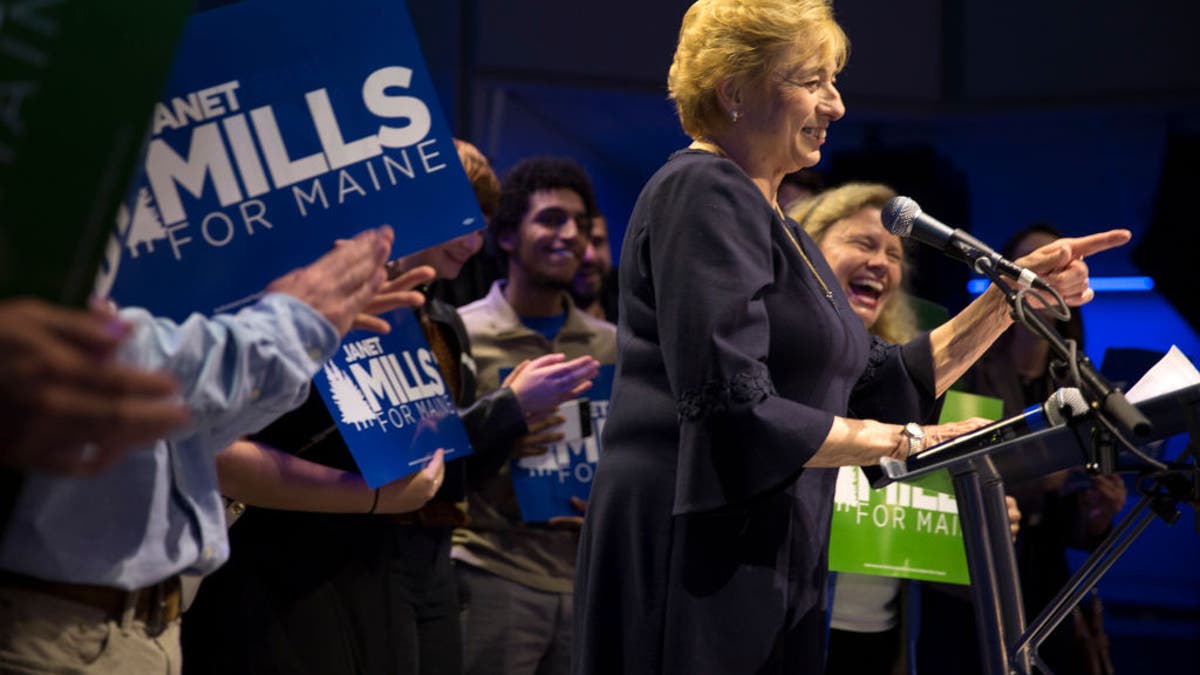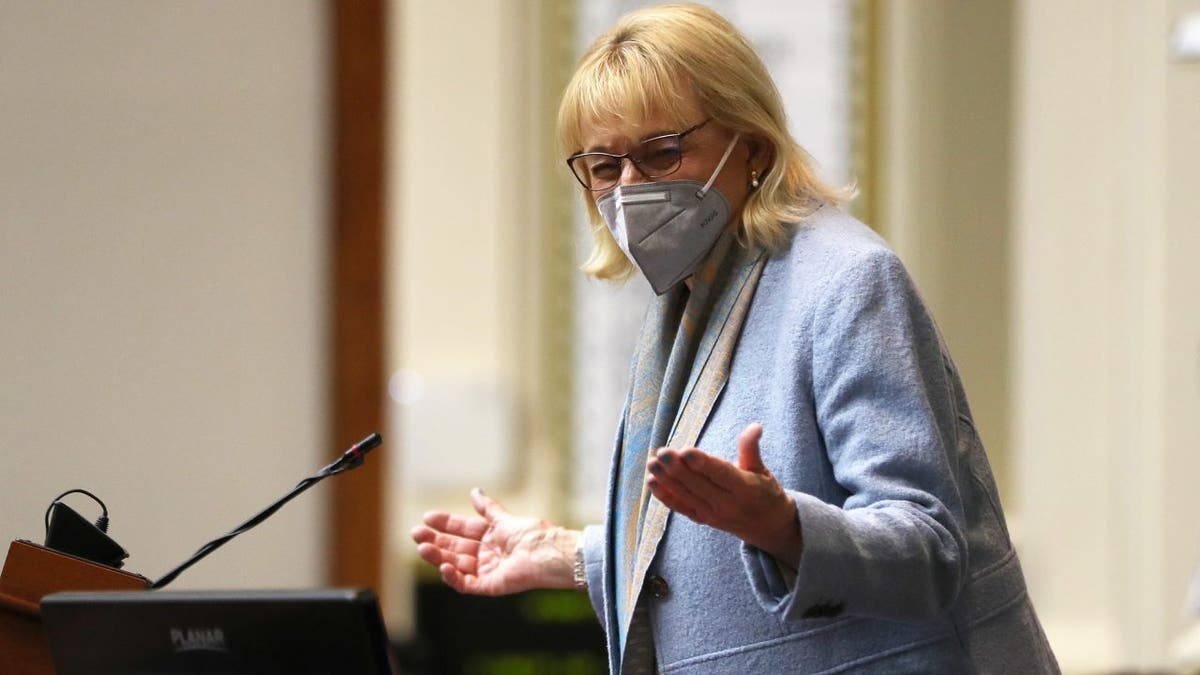Fox News Flash top headlines for June 6
Fox News Flash top headlines are here. Check out what's clicking on Foxnews.com.
The Maine Climate Council created by Gov. Janet Mills is considering a proposal to pay a stipend to "disadvantaged" and "overburdened" Maine residents to attend meetings to ensure "procedural equity" in the government planning process to address climate change.
The council’s Equity Subcommittee, which was created last year as part of the state’s four-year climate action plan, has submitted its 2022 report, which states that "all state policy, program and other decision-making processes should enable equitable participation from disadvantaged and historically underserved communities."
In order to ensure equitable participation, the subcommittee recommends providing "stipends to frontline and disadvantaged community members for their time, which can help members of these communities take time off work or away from other critical activities to participate in decision-making processes," as well as "providing transportation and child care in order to allow overburdened Maine people to attend meetings and participate in climate decision processes."

Democratic Maine Gov. Janet Mills gives her victory speech in Portland on Nov. 6, 2018. (Brianna Soukup/Portland Portland Press Herald via Getty Images)
The climate council’s Energy Working Group met to discuss the subcommittee’s recommendations on Thursday, in which members argued the measures could break down barriers for low-income families to participate in government decisions surrounding environmental justice.
"Each strategy here is designed to address barriers, including, for example, providing transportation and child care," Jason Parent, the CEO of Aroostook County Action Program and a member of the Equity Subcommittee, said during the meeting. "That’s a consideration that customers that our agency works with every day [say] often become an impediment and a barrier."
BIDEN ADMINISTRATION CREATES NEW ENVIRONMENTAL JUSTICE OFFICE
Steve Clemmer, a research director at the Union of Concerned Scientists and a member of the climate council’s Industrial Innovation Task Force, cited a law signed by Mills last year that he said prioritizes "intervenor compensation" for community groups and disadvantaged communities to attend Public Utility Commission (PUC) meetings. He argued that the same should apply to climate planning.

Maine Gov. Janet Mills delivers her State of the State Address at the Maine State House. (Ben McCanna/Portland Press Herald via Getty Images)
"It has worked in the past," Clemmer said during the meeting. "I think it’s a good model that would encourage some additional participation where there’s been very little to none at this point, at least in the PUC realm."
Intervenor compensation programs exist in only a handful of states, including Maine, and provide financial reimbursement for residents to participate in state utility regulatory proceedings. Maine’s program is virtually inactive, according to Harry Lanphear, administrative director of the Maine Public Utilities Commission, who said in a 2021 report by the National Association of Regulatory Utility Commissioners (NARUC) that there have been no requests for reimbursement "in at least the last 10 years."

A sign pointing to charge columns for electric vehicles in Germany, Neuenstein. (Sina Schuldt/picture alliance via Getty Images)
CLICK HERE TO GET THE FOX NEWS APP
Clemmer said during Thursday’s meeting that "rate payers" theoretically foot the bill for the current program, but "I don't know" who would pay for it across other agencies like the climate council.
The governor's office of Policy Innovation and the Future, which oversees the Maine Climate Council, did not immediately respond to Fox News Digital's request for comment.




